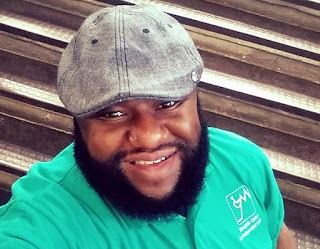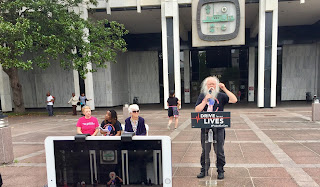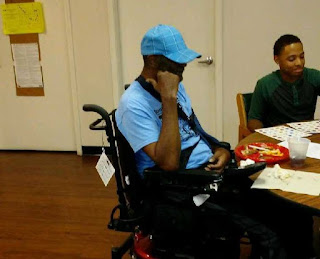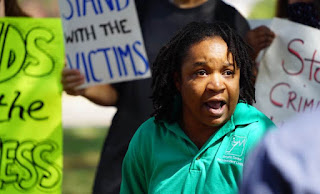Information on SNAP (Supplemental Nutrition Assistance Program often called food stamps)
By Timothy Redd
Do you receive SNAP benefits?
If you answered "yes" there are many people in this country that are just like you. In 2013, 49.1 million Americans lived in households struggling with hunger, a stark number which includes 15.8 million children and 4.8 million seniors. Food insecurity is a daily reality for about one in seven households.
What is SNAP?
SNAP is a federal aid program administered by the US Department of Agriculture that provides food assistance to low- or no-income Americans. Formerly known as the Food Stamp Program, it now uses a debit card system to distribute benefits, so recipients pay for their purchases with an EBT (Electronic Benefits Transfer) card. The amount that households receive depends on several factors, including location, but often averages to about $4 per person per day.
Food and Research Action Center, a hunger advocacy group, has been a prime promoter of the SNAP Challenge. Ellen Vollinger, FRAC’s legal director, said that because the congressional debate often centers around the program’s nearly $80 billion budget, the $4.50 figure is intended to “put in concrete terms” what the SNAP assistance means to ordinary Americans. While the Snap Program tackles food insecurity there are challenges for most recipients and for those with disabilities the challenges are often even greater.
How many of you have gone to the local Department of Human Services to apply for benefits or re-certify?
If you’ve had the experience you already know you are in for a long day. Often we as people with disabilities rely on public transit to get around and dealing with the massive crowd of people that frequent the local office. The crowd can be overwhelming and frustrating for many because there is no way in knowing how long the wait may be. People because of their disabilities may have less flexibility in their schedule. Medications, transportation, oxygen and other necessary programs can prevent some people with disabilities from fitting into the open scheduling that the department requires.
Here at MCIL we work with individuals who need assistance in applying for SNAP benefits. As mentioned earlier it’s not always easy and we have found that you must be a good self-advocate and know about the SNAP program to successfully navigate the bureaucracy.
 For example, over the past three month a young single mother was in the process of re-certification. She made several trips to DHS to submit requested documentation. To her dismay, after checking on the status of her case she was informed that the information had not been received. Fortunately, each time she went in to submit her documents she had a submission receipt signed to serve as verification that she in fact did turn in the requested paperwork.
For example, over the past three month a young single mother was in the process of re-certification. She made several trips to DHS to submit requested documentation. To her dismay, after checking on the status of her case she was informed that the information had not been received. Fortunately, each time she went in to submit her documents she had a submission receipt signed to serve as verification that she in fact did turn in the requested paperwork.
A phone call to a supervisor did eventually re-certify her and she was retroactively paid. However, this is not a story of success, but of near total failure. The re-certification ordeal created an extreme financial hardship for this woman. It turns out, the woman was told, that multiple cases had been submitted by different case workers but none of them knew because the information is not shared.
There are many other challenges people with disabilities face when applying for SNAP benefits, such as: accessing the application in alternate formats and getting assistance needed for those with visual impairments, hearing, and speaking dis-fluency. Also, accessing the service windows are a challenge for many wheelchair users. If you are experiencing challenges with accessing benefits here are some tips that may be beneficial to you.
There are many other challenges people with disabilities face when applying for SNAP benefits, such as: accessing the application in alternate formats and getting assistance needed for those with visual impairments, hearing, and speaking dis-fluency. Also, accessing the service windows are a challenge for many wheelchair users. If you are experiencing challenges with accessing benefits here are some tips that may be beneficial to you.
- When you submit documentation always ask for a receipt and have copies for yourself.
- Let someone know what type of assistance you need in order to apply or re-certify.
- Follow up within a week after submitting documentation to verify it has been received.
- If you miss an appointment or a phone interview be sure to call as soon as possible to reschedule.
- If you don’t receive a call for a scheduled interview contact you case worker immediately.













